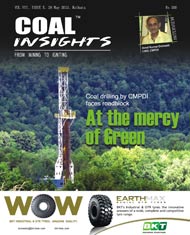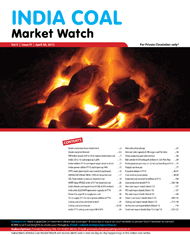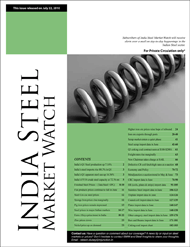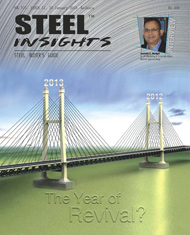The province reported more than 60 cases yesterday, most of them in its capital city Shijiazhuang. The city has begun testing its 11mn residents and restricted traffic from 6-9 January, blocking truck shipments of iron ore and steel in and out of the city.
Shijiazhuang's two steelmakers, 14mn t/yr Jingye Steel and 3mn t/yr Aosen Steel, will likely halt portside purchases of iron ore, while mills in other regions of Hebei said their iron ore deliveries are unaffected.
Operations at both mills have not been affected, but construction sites in Shijiazhuang have been asked to suspend operations, which will weigh on immediate steel demand.
Jingye Steel, a leading rebar producer that acquired British Steel last year, said its logistics will be severely impacted with local highways closed and truck drivers required to test negative for Covid-19.
The Hebei provincial health commission confirmed 20 new local cases of symptomatic Covid-19 and 43 asymptomatic infections yesterday, including 19 and 41 respectively in Shijiazhuang. This was up from 14 confirmed symptomatic and 30 asymptomatic cases on the previous day.
Other high-risk areas like Gaocheng in Shijiazhuang and Nangong in Xingtai city are restricting traffic. No other cities have issued restrictions, but truck transportation will get tight as people are unwilling to go across cities, a Handan mill official said.
Caofeidian port is requiring Covid-19 tests before drivers can enter to pick up iron ore.
Mill iron ore buyers and steel traders said they are waiting to see whether transport restrictions are extended beyond 9 January or placed across a wider area.
China's most active iron ore futures fell by more than 1pc in the morning but rebounded in the afternoon to close up by 3 yuan/t (46¢), or 0.3pc, at Yn1,033/t. The Argus ICX 62pc iron ore fines index rose by $1/dry metric tonne (dmt) to $168.40/dmt cfr Qingdao.
Tangshan billet prices fell by Yn20/t to Yn3,780/t ex-works.
Source : https://www.argusmedia.com/en/news



